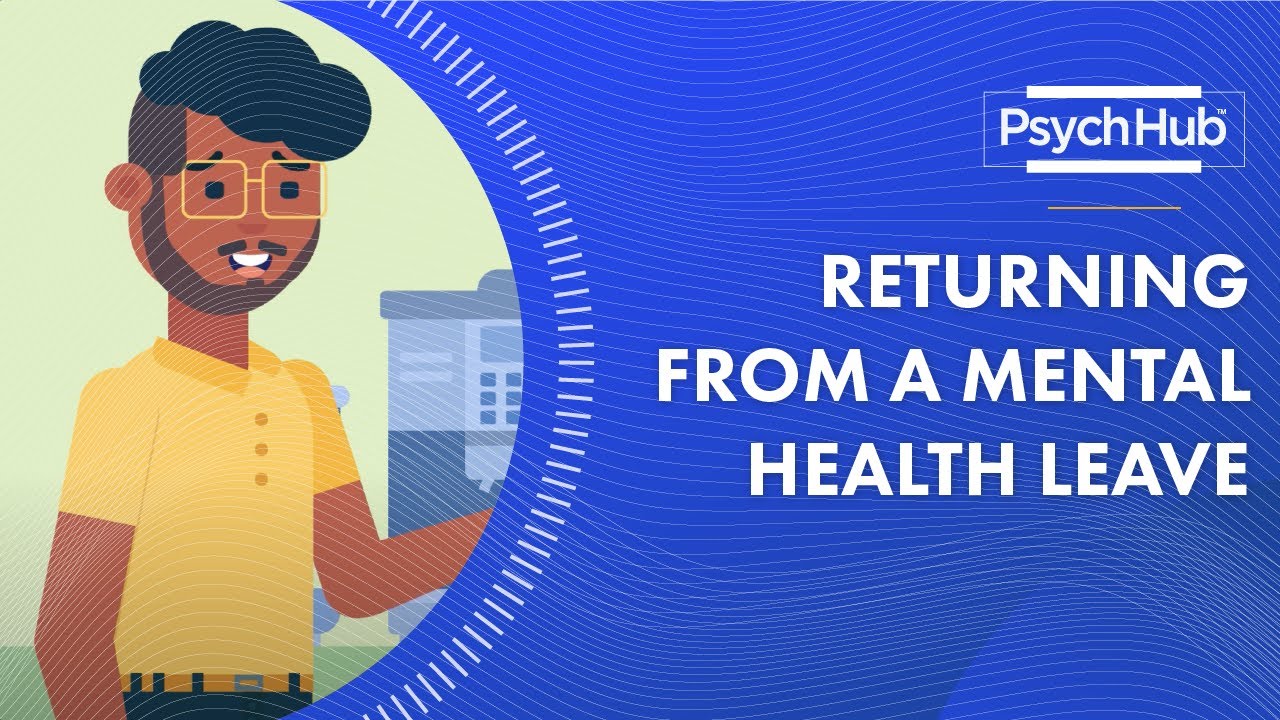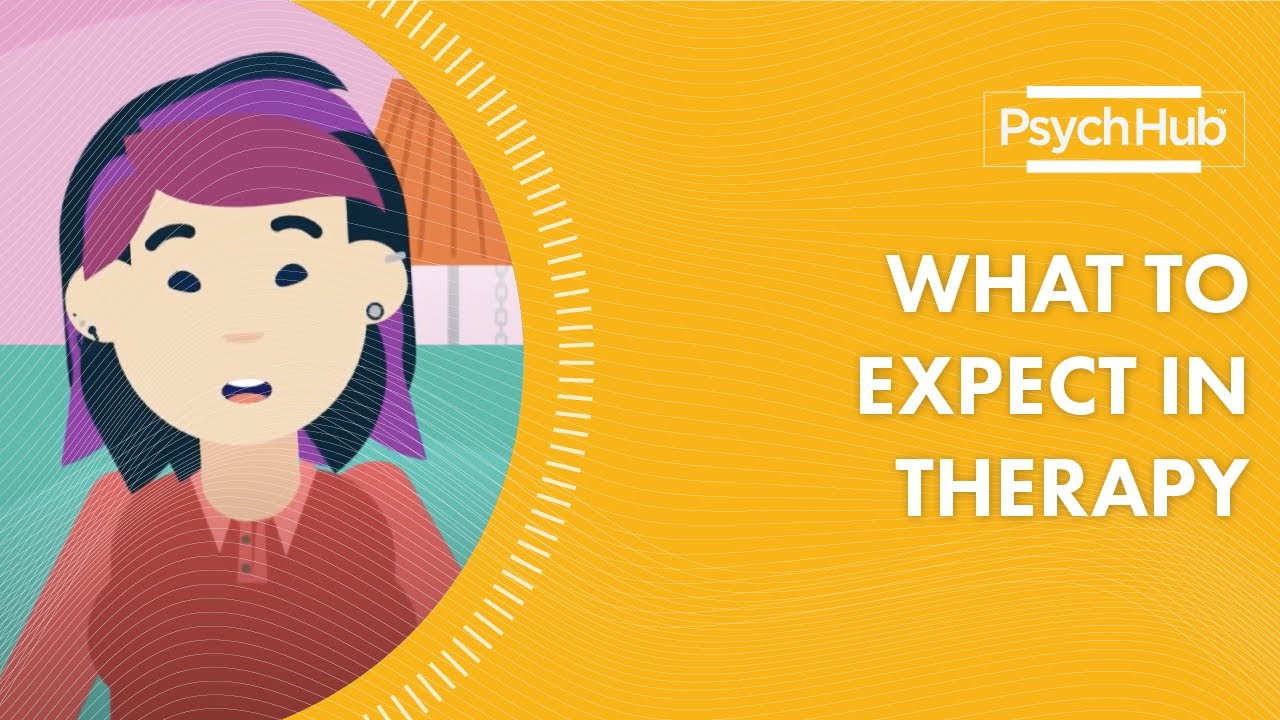Have you ever considered that something as universally praised as meditation could actually worsen mental health problems? It might seem counterintuitive, given that Mindfulness and meditation have a strong reputation as effective tools for stress relief and emotional well-being. However, emerging evidence suggests that these practices may not be as universally beneficial as they are often portrayed. On the contrary, they could potentially contribute to the manifestation or exacerbation of mental health issues in certain individuals.
The Golden Promise of Mindfulness
Mindfulness is a type of Buddhist-based meditation where you focus on being intensely aware of what you are sensing and feeling in the present moment. It’s a practice that promises peace and stress relief, something that everyone in today’s high-paced world seems to yearn for. Given that mindfulness can be practiced at home for free, it’s easy to see why it is often lauded as the perfect solution for stress and mental well-being issues.
Historical Context
The practice of mindfulness isn’t new. The first recorded evidence dates back to over 1,500 years ago in India. The Dharmatrāta Meditation Scripture written by a community of Buddhists included accounts of depression, anxiety, and even symptoms of psychosis that could occur following meditation. Despite its ancient roots, mindfulness has only recently undergone scientific scrutiny, and the consequences have startled many.
Scientific Evidence On Meditation’s Adverse Effects
In the past eight years, there has been a surge in scientific research on the adverse effects of meditation. A 2022 study involving a sample of 953 regular meditators in the US showed that more than 10% of the participants experienced adverse effects that significantly impacted their day-to-day lives for at least one month.
Common Adverse Effects
According to a 2020 review of over 40 years of research, the most common adverse effects are:
| Adverse Effect | Description |
|---|---|
| Anxiety and Depression | Heightened states of worry, despondency, and feelings of hopelessness |
| Psychotic Symptoms | Distorted perceptions of reality; delusions |
| Dissociation and Depersonalization | Feeling detached from oneself or the world feeling unreal |
| Fear or Terror | Unexplained and sudden feelings of intense fear |
These adverse effects show that not only people with existing mental health problems but also those with no prior issues can experience significant negative reactions to meditation.

Western Awareness of Adverse Effects
Interestingly, the western world has been aware of these adverse effects for quite some time. In 1976, Arnold Lazarus, a pioneering figure in cognitive-behavioral science, warned that indiscriminate use of meditation could induce serious psychiatric issues like depression, agitation, and even schizophrenic episodes.
The “Capitalist Spirituality” Angle
The commercialization of mindfulness has not gone unnoticed. Professor Ronald Purser, a management academic and an ordained Buddhist teacher, criticized the mindfulness industry in his 2023 book “McMindfulness,” labeling it as “capitalist spirituality.” The idea is that the mindfulness industry, now worth billions of dollars in the US alone, might be more concerned with profit than the well-being of its practitioners.
Jon Kabat-Zinn’s Caution
Jon Kabat-Zinn, a key figure in the popularization of mindfulness, has also expressed concerns about the quality and completeness of research on the positive impacts of mindfulness. In a 2017 interview with The Guardian, he admitted that “90% of the research is subpar,” raising questions about the validity of many commonly cited benefits.
Ethical Concerns
Is it ethical to sell mindfulness apps, offer meditation classes, or use these practices in clinical settings without informing people about the potential adverse effects? Given how common these negative effects are, the ethical implications are profound.
Educator and Instructor Awareness
Importantly, many meditation and mindfulness instructors themselves may not even be aware of these potential risks. Most adverse effect sufferers report that their instructors did not take their concerns seriously, often advising them to continue meditating in the belief the symptoms would go away on their own.
Need for Research on Safe Practices
Research into how to practice meditation safely has only started to surface. This gap makes it challenging to offer concrete advice for anyone looking to incorporate mindfulness into their mental health routine.

Limited Media Coverage
While there have been media reports, such as the 2015 BBC Radio 4 documentary and a New Scientist article on the adverse effects of meditation, comprehensive coverage remains limited. For example, the most expensive study in meditation science history, an $8 million study funded by Wellcome Trust, tested 8,000 children in the UK from 2016 to 2018. It found no significant improvements in the children’s mental well-being and showed potential detrimental effects on those at risk for mental health problems, yet this study received minimal media attention.
High-Profile Discrepancies
Moreover, when considering high-profile outcomes, one can see a clear imbalance in the media discourse surrounding mindfulness. Advocates often promote the practice with religious-like enthusiasm, claiming it can transform not only individuals but entire societies. However, the potential hazards rarely receive equal emphasis.
Ethical and Practical Recommendations
So, where do we go from here? How do you navigate the labyrinth of meditation’s potential benefits and risks?
Education and Disclosure
For a start, there needs to be an overarching emphasis on the importance of education and disclosure. Mindfulness instructors should be well-informed about the potential adverse effects and communicate these risks clearly to their students.
Research and Development
Further research into safe meditation practices is essential. Only with more studies can researchers develop guidelines to help mitigate these adverse effects. Given that meditation deals with altered states of consciousness, having refined psychological theories to understand these states better would be highly beneficial.

Resources for Those Affected
For those who have faced significant adverse effects from meditation, resources are available. Websites developed by meditators who have encountered severe issues offer valuable information. Moreover, in the US, a clinical service led by a mindfulness researcher focuses on those who have experienced acute and long-term problems related to meditation.
Summary of Practical Insights
To provide a succinct overview:
| Helpful Tips | Description |
|---|---|
| Stay Informed | Understand the potential adverse effects before starting a meditation practice |
| Seek Qualified Instructors | Choose instructors who are aware of the risks and benefits of mindfulness |
| Start Slowly | Gradually increase your meditation duration to monitor for adverse effects |
| Use Reputable Resources | Refer to credible websites and academic handbooks that discuss these issues |
| Consult Professionals | Seek professional advice if you experience adverse effects |
Adhering to these guidelines can help ensure you approach mindfulness and meditation more safely.
Conclusion
Meditation and mindfulness, despite their widely promoted benefits, are not without risks. The adverse effects range from anxiety and depression to psychotic symptoms and dissociative experiences. With emerging scientific evidence, it becomes crucial for both practitioners and educators to be aware of these potential pitfalls. Educated choices, responsible teaching, and ongoing research will be key to mastering the art of meditation without falling prey to its darker side. If meditation is to continue as a wellbeing or therapeutic tool, the public deserves to be informed transparently about its potential risks as well as its rewards.




